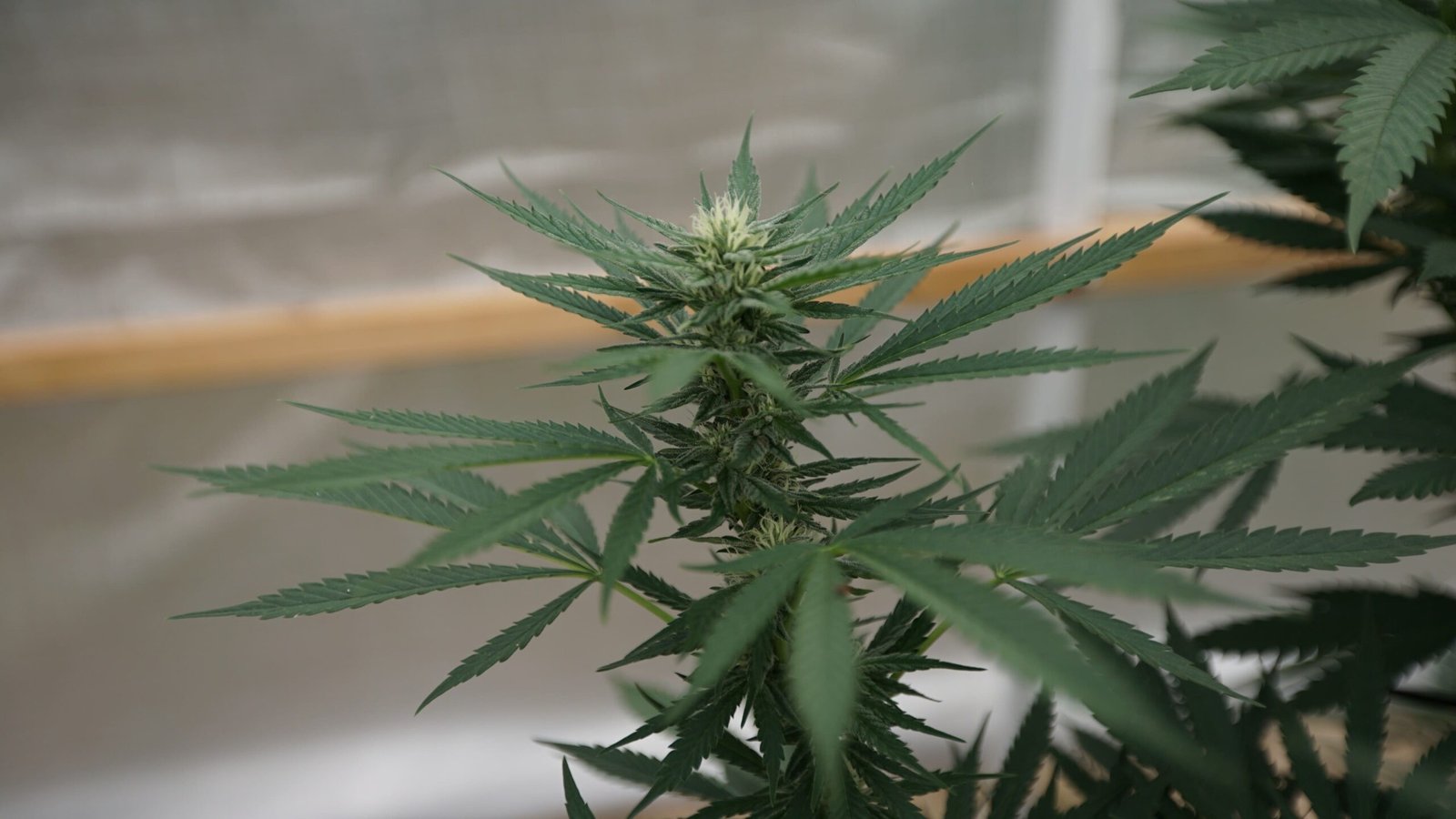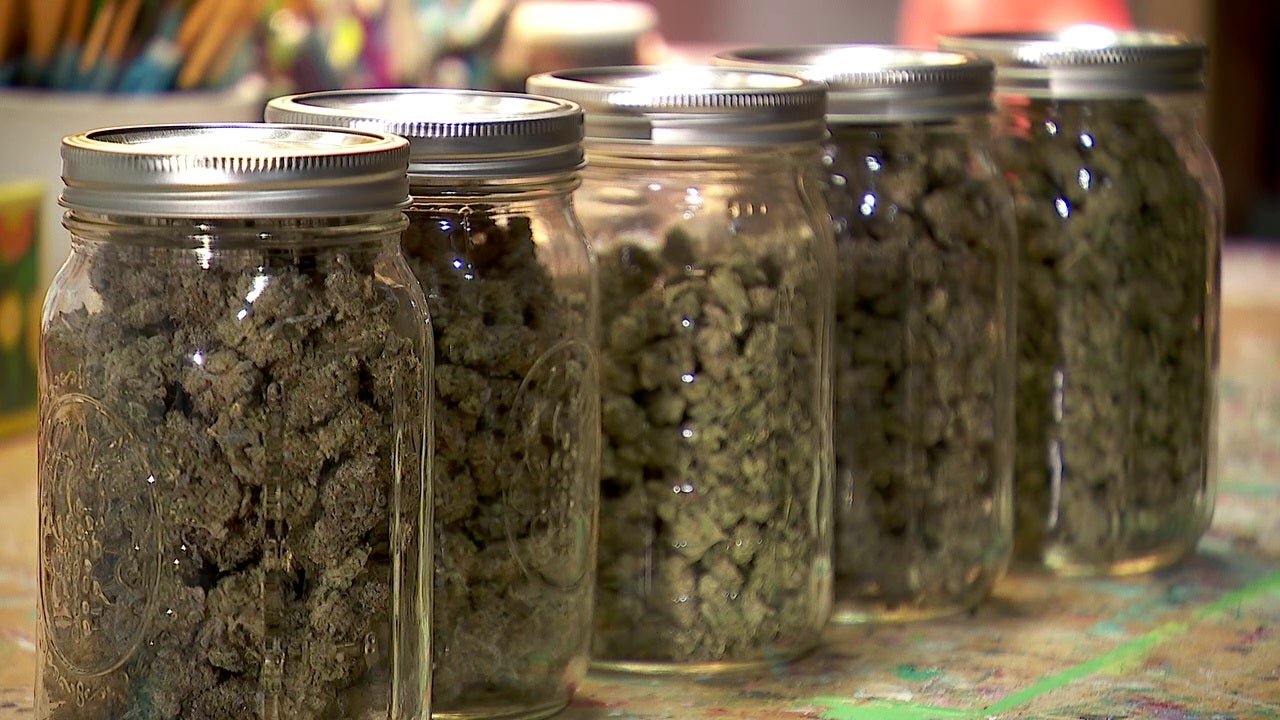The U.S. Supreme Court recently made a significant ruling regarding cannabis employment rights. The court sided with a truck driver who had sued a cannabis company after losing his job due to a positive THC test. The driver argued that the test result was due to his use of a hemp-derived CBD product. As a result of this ruling, he can seek triple damages under a federal anti-racketeering law.
In another important decision, the Supreme Court declined to take on a case that could clarify the interpretation of a law designed to protect state medical cannabis programs from federal interference. This decision leaves the differing interpretations by lower courts unresolved, continuing the uncertainty surrounding the legal status of state cannabis laws.
In Pennsylvania, Democratic House Speaker Mark Rozzi stated that the legislature is ready to push forward with a marijuana legalization bill. However, he emphasized that bipartisan support will be necessary for such a significant piece of legislation to pass, acknowledging that it will be a “heavy lift.”
Meanwhile, Oklahoma activists have filed an initiative to legalize marijuana, aiming to place it on the state’s 2026 ballot. This move reflects ongoing efforts in various states to reform cannabis laws and expand access.
In Maryland, lawmakers have sent Governor Wes Moore a bill allowing adults to personally manufacture marijuana edibles and concentrates. This legislation aims to empower consumers and regulate the production of cannabis products.
Hawaii’s Senate committees have also taken action, approving a bill that would broaden access to medical cannabis. This bill allows healthcare professionals to recommend medical cannabis for any condition they deem appropriate, reflecting a more flexible approach to medical cannabis recommendations.




